I am doing an assignment for school where I need to make a list and assign 4 random integers to the list between 1 and 9. Then, I need to prompt the user for what their guess is for each value. If they get any of the numbers right, I need to say how many, but I've been working on this for like 3 hours and I'm getting nowhere. Currently, all I have is a massive useless nested if/elif statements. This is the assignment prompt:
Program Specifications:
Computer should generate 4 random numbers from 1 - 9 as the "Secret Code". User should be prompted for their guess of those four numbers. After they provide their full guess, the user is told how many are correct. As long as the user does not get all four correct, they keep getting asked for their guess. After the user finally gets all of them correct (yes - all four), they are congratulated and then told how many tries it took them. Technical Requirements:
Use at least one list Use at least one function with parameters
I'm so confused and I don't know where to start. Here is my current code:
import random
count = 0
guess1 = 1
guess2 = 1
guess3 = 1
guess4 = 1
def getGuess(count,guess1,guess2,guess3,guess4):
while True:
guess1 = input("What is your guess for the first number? ")
guess2 = input("What is your guess for the second number? ")
guess3 = input("What is your guess for the third number? ")
guess4 = input("What is your guess for the fourth number? ")
if str(guess1) == numbers[0] and str(guess2) == numbers[1] and str(guess3) == numbers[2] and str(guess4) == numbers[3]:
print("Your first, second, third, and fourth numbers are correct!")
elif guess1 == numbers[0] and guess2 == numbers[1] and guess3 == numbers[2]:
print("Your first, second, and third numbers are correct!")
elif guess1 == numbers[0] and guess2 == numbers[1]:
print("Your first and second number are correct!")
elif guess1 == numbers[0]:
print("Your first number is correct!")
elif guess2 == numbers[1]:
print("Your second number is correct!")
elif guess2 == numbers[1] and guess3 == numbers[2]:
print("Your second and third numbers are correct!")
elif guess2 == numbers[1] and guess3 == numbers[2] and guess4 == numbers[3]:
print("Your second, third, and fourth numbers are correct!")
elif guess3 == numbers[2]:
print("Your third number is correct!")
elif guess3 == numbers[2] and guess4 == numbers[3]:
print("Your third and fourth numbers are correct!")
elif guess4 == numbers[3]:
print("Your fourth number is correct!")
else:
print("None of your numbers are correct. Try again.")
numbers = []
for i in range(4):
num = int(random.randrange(1,9))
numbers.append(num)
print(numbers)
getGuess(count,guess1,guess2,guess3,guess4)

